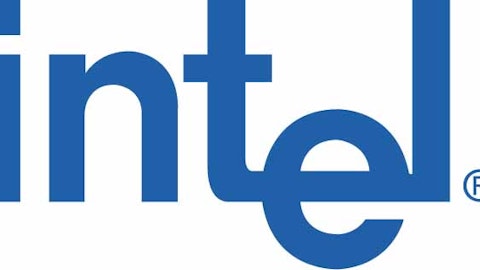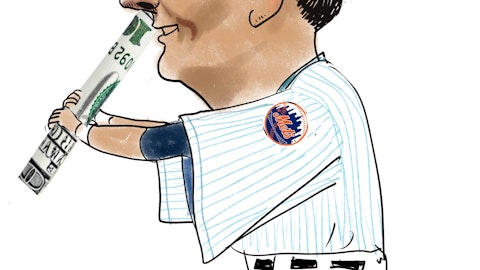That could help Dell sell more software to midsize companies and enterprises seeking streamlined ways to manage their data centers, a $9.9 billion market occupied by heavyweights including IBM, Microsoft and VMware.
By going private, Dell could draw up a new playbook less contingent on satisfying shareholders. It can take steps to invest in the future, and emerge as a stronger company less reliant on PCs and able to claim a bigger slice of the technology industry’s profits. A closely held Dell would also save an estimated $556 million a year in dividend payments. It could use that money for severance payments and restructuring costs.
2. Debt costs
Without access to public-market capital, buying upstart firms with compelling technology becomes harder. Financing debt will also skim an estimated $1.2 billion a year, according to data compiled by Bloomberg. Dell’s debt burden could increase if interest rates rise.
Lower credit ratings would also push financing costs higher. Moody’s Investors Service lowered Dell’s senior unsecured rating to Baa1 from A2, and Fitch Ratings cut Dell’s long-term default rating to double-B-plus from single-A. Standard & Poors put Dell’s single-A-minus rating on negative watch.
One of the people likely to play a key role in reshaping Dell is Marius Haas, recruited in August after Michael Dell pressed him to join. Haas is trying to inject Dell with more urgency to pair storage and networking gear with the growing server business. Selling 2 percent more of high-margin gear with servers would add $1.2 billion in annual sales, said Haas. He said he’s been negotiating with Hurd, now Oracle Corporation (NASDAQ:ORCL)‘s co-president, to sell more Oracle database sales that run on Dell machines. About 60 percent of Oracle currently runs on Hewlett-Packard servers.
3. Selling servers
The enterprise efforts have paid off so far, with Dell emerging as one of the world’s biggest makers of servers used to run websites, process financial transactions and analyze business data. During the third quarter, Dell sold about 565,000 mainstream Intel-based servers, according to Gartner – just 65,000 less than market leader Hewlett-Packard.
Dell is poised to be No. 1 this year in the server market, its CEO said at a customer conference in December, giving the company a broad platform to pitch customers on its storage and networking products. Gaining a larger share in enterprise computing won’t be easy. A sizable portion of the server market has evaporated in recent years as huge volume customers, such as Google and Facebook Inc (NASDAQ:FB), buy directly from no-name manufacturers. While putting more emphasis on data centers, Dell will need to grapple with what to do with PCs, an ailing division that accounts for about half of sales. Within the PC market, Samsung Electronics, Lenovo Group and Asustek Computer are challenging Dell at the lower end of its business, while demand for Apple Inc. (NASDAQ:AAPL)‘s iPads and higher-end Macs remains buoyant.
“I’d shut it down and give the money back to the shareholders,” Michael Dell infamously said in 1997, when asked what he’d do in Steve Jobs’ shoes as he returned to Apple, at that time on the brink of collapse. Michael Dell’s public relations representatives have sniffily insisted this week that his 1997 verdict on Apple is “not relevant” to the buyout. Technology commentators have widely begged to differ, but Mr. Dell, like Mr. Jobs before him, will have to work very hard to save the computing pioneer he built from scratch!
The article Struggling PC Maker Goes Private, Finally! originally appeared on Fool.com and is written by akanksha patodia.
Copyright © 1995 – 2013 The Motley Fool, LLC. All rights reserved. The Motley Fool has a disclosure policy.





